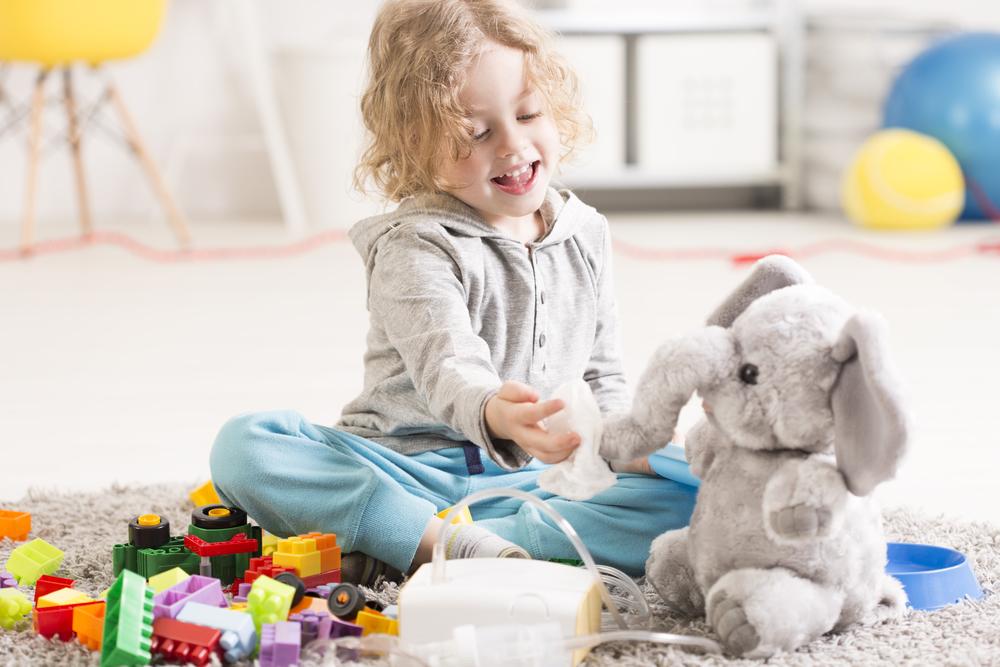How to choose the best games and toys for kids

Toys and games are important for kids. But you’ll find both good toys and not-so-good toys in terms of what they offer to your kids. So, what qualities should you look for in best kids’ games? Are cheap toys better for kids than expensive ones? If you have been thinking of these or similar questions, you may want to know what makes a toy good for your kids.
Here are some ways to determine if a toy is good for your child.
Quality
The best kids’ games and toys are made from safe materials. Always check labels to gather safety information for any toy you plan to buy.
Check if painted toys are covered with non-toxic paints.
Buy only those stuffed toys that you can easily wash at home. Refrain from giving your kids stuffed toys that may contain poor quality fibers.
The materials used in toys must be non-toxic.
Learning
The best kids’ games and toys include the ones that are engaging and fun.
Look for toys that are appropriate for your child’s learning curve. What works for another kid of the same age might not be right for your child. If your kid is interested in puzzles only, stick with it. Offer her new toys, but it is never a good idea to force kids to play with certain toys because tradition demands it. Building games and motor trucks for boys and dolls and kitchen set for girls are some examples. If your boy is not interested in his monster trucks, but wants to play with a kitchen set, let him. This will help your child develop skills he needs and gain confidence.
Buy toys so that you can aid your kid’s learning and development as per her own unique needs. Books and musical instruments also act as learning tools.
Make your own games to stimulate your kid’s interests and development. Some ideas are to teach them about textures using everyday kitchen items. You can use real fruits and vegetables to teach about them instead of buying plastic vegetable shapes or pictures.
Age
Buying age-appropriate toys means ensuring your child’s safety. This is no way means that you are halting or interrupting your kid’s development.
For instance, for infants, the toy size must be such that it is not a choking hazard. Squeeze toys, rattles, teething toys, soft balls and textured rings are good options.
For toddlers, puzzles, construction games, transportation toys are nice toys to help with their cognitive and motor development. You can also introduce them to crayons, paper and colors.
For preschoolers and older kids, you can buy a bit more complex puzzle games. This is also the right age to introduce them to role play. Apartment sets, kitchen sets, doll houses, sandboxes and puppets can help kids create scenarios for games. You can offer them cheap toys in the form of empty boxes, outdated outfits, old pillowcases and other household items to make their pretend play more imaginative.



